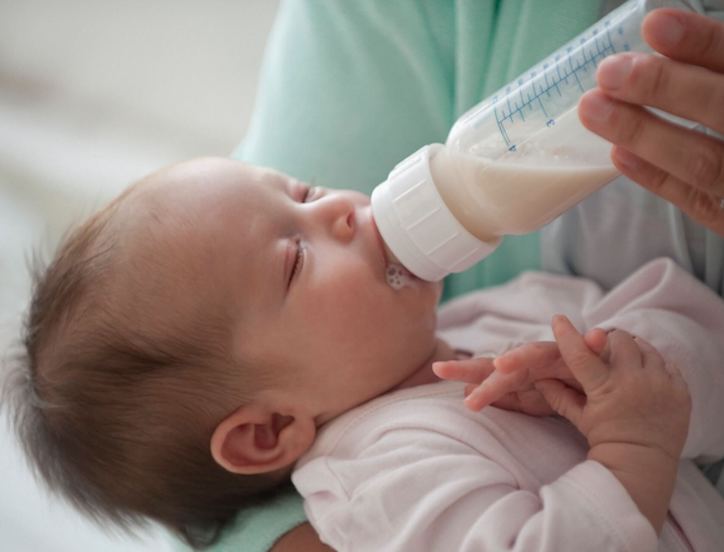Following reports of illnesses and fatalities among infants who consumed Similac last year, Abbott Nutrition issued a recall and FDA inspectors were deployed to the Sturgis, MI plant where the product was made. There they found multiple food safety violations and multiple strains of Cronobacter sakazakii, a pathogen that is deadly to newborns and immune-compromised infants.
These findings prompted a months-long closure of the plant where 40 percent of the nation’s baby formula is made, exacerbating a nationwide baby formula shortage. And they triggered a federal criminal probe.
Cronobacter bacteria live on dry foods. Infections usually don’t cause illness in adults, but for newborns, these infections can be deadly. And the main vehicle of transmission is powdered infant formula.
Unlike liquid formula, cannot be made sterile using current manufacturing processes. A tiny portion of one scoop from a can of formula may contain the only Cronobacter in the entire container, but that tiny amount would still be enough to cause severe illness or death in the infant who consumes it.
Last year, Cronobacter illnesses were reported from three states, Minnesota, Texas, and Ohio, where two babies died. Throughout the investigation, the Cronobacter cases were characterized as “rare.” While it’s true that only a handful of cases are reported to the CDC each year, it’s also true that Minnesota is the only state that has ever actively tracked them. It’s thanks to this diligence that we have arrived at this point today.
In September 2021, Minnesota health officials reported the Cronobacter illness of a baby who spent 22 days in the hospital successfully fighting off the infection. This case would become the first of a tragic cluster that set off a chain reaction that has led, at last, to action.
Last week, the professional association that advises the Centers for Disease Control and Prevention (CDC) on which diseases should be nationally notifiable recommended that Cronobacter be added to the list. Adding Cronobacter to the CDC’s National Notifiable Diseases Surveillance System (NNDSS), which is used to recognize outbreaks and track the spread of disease, will mean that all 50 states, not just Minnesota, will report these illnesses in infants.
“These efforts will assist public health agencies in quantifying and identifying the cause of Cronobacter infections and, coupled with education efforts, will help protect the health of those most vulnerable. Ultimately, we want these infections to be prevented,” said Janet Hamilton, the Executive Director of the Council of State and Territorial Epidemiologists.
According to the CDC:
- About 3,000 public health departments send data to 60 state, territorial, and other public health departments, which then send the data to CDC.
- About 2.7 million cases are reported annually
- Roughly 120 diseases are under surveillance through NNDSS
The recommendation is slated to be approved later this year and take effect in 2024. “This decision will improve public health and save lives,” said noted Food Safety Attorney Eric Hageman.
Because Cronobacter is not currently reportable, the CDC only received patient samples from two of the five infants who were part of the cluster investigated last year. Whole genome sequencing tests showed that the two isolates did not share the same genetic “fingerprint” nor did they closely resemble the fingerprints of any of the multiple Cronobacter strains cultured from the environmental swabs taken from Abbott’s Sturgis plant.
